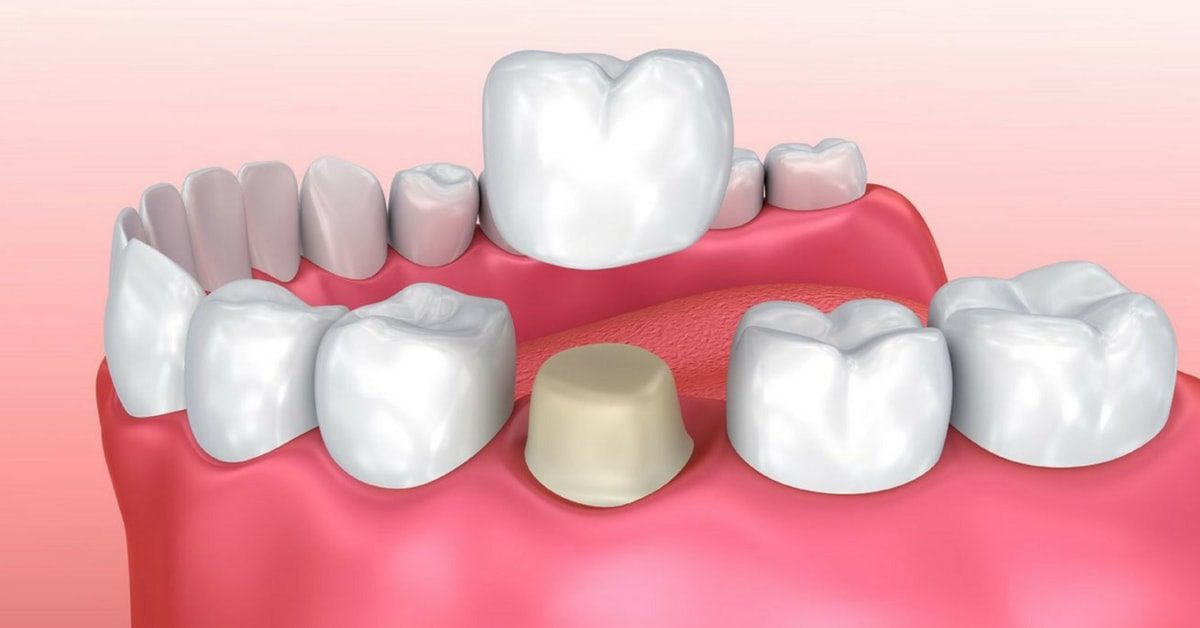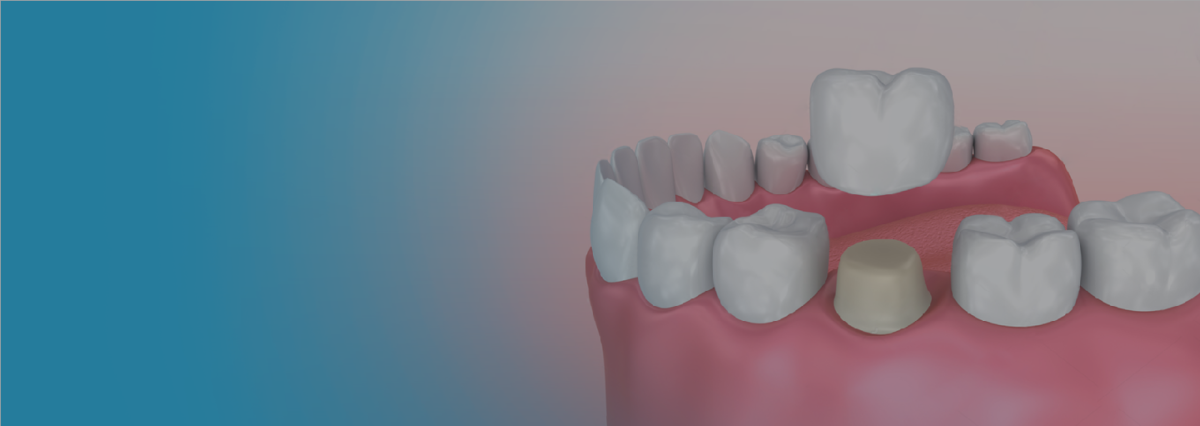Oral health can be affected by a wide range of factors, including genetic, behavioral, and environmental influences. A person’s oral health is primarily influenced by their own actions and their surrounding environment. However, individuals often postpone going to the dentist and receiving treatment because they do not realize the significance of dental health to their overall well-being.
Did you know that your oral health can reveal a lot about your general well-being? By detecting and treating common oral health issues such as tooth decay, periodontal disease, and others early on, you can reduce your risk of developing more significant health problems. Dental crowns are one of the most popular and effective treatments for many dental problems. Learn all about dental crowns, their benefits, and associated costs in this blog.
What are dental crowns?
Dental crowns are custom-made restorations that cover a broken tooth entirely, restoring its size, shape, strength, and appearance. When a dentist cements a dental crown onto an existing tooth, it completely encases it. They are useful for treating various dental problems, including cavities, breaks, traumas, and more.
Where are Dental crowns used?
In the following scenarios, dental crowns are the treatment of choice for your dentist.
- After having a root canal, they aid in strengthening the tooth.
- When a tooth is broken, missing, or loose, it can be replaced with the help of a dental crown.
- If a patient has a significant cavity, a dental crown can be an excellent solution.
- As a bonus, they can be used for a variety of aesthetic objectives, such as hiding tooth discoloration, closing gaps in teeth, or altering the shape of teeth.
- When needed, they provide a perfect answer for paediatric dentistry.
- To replace any missing teeth.
Since oral health issues can cause many problems, it’s essential to see a dentist regularly and seek care promptly when you notice an issue. Dental crowns can restore damaged, misshapen, or discolored teeth and strengthen teeth and dental implants after root canal therapy.
What are the benefits of dental crowns?
- Provide strength to the tooth
Teeth generally become fragile after root canal treatment. Thus placing crown on rct treated tooth will strengthen the tooth.
- Replace missing teeth
Crowns can also help in replacing missing tooth. There are several options like bridging your missing tooth or placement of Dental implant followed by crown which will help reestablish functionality of mouth.
- They help in relieving sensitivity .
Many times tooth develops sensitivity to hot and cold. Placing crown can provide relief from dental sensitivity by covering exposed dentinal tubules.
- Can improve smile and esthetics
Crowns can also Improve your smile when placed over rotated or irregularly placed tooth in the arch. Also it can help in closure of unaesthetic gaps and can also camouflage discolored teeth.
- It is simple process to get a dental crown
Dental crowns are surprisingly painless and easy to get done, despite the common misconception that all restorative dental procedures are extremely complex and time-consuming. After the tooth is cleaned and any damaged tissue is removed, a crown can be made to fit that tooth perfectly.
After tooth is shaped, impression is taken which is sent to the lab. Each crown is custom made to make sure it fits best and matches perfectly in colour with existing natural teeth . Doctors at the dental home will fit you with a temporary crown so that you can continue your regular diet and activities in the meantime. You’ll need to return to our office once your crown is completed so that we can cement it into place, at which point it will become an indelible feature of your smile.
We have a variety of materials to choose from, so you can find something that works with your demands and your budget.
- They last longer.
Dental crowns are made from long-lasting materials that can survive the pressures of biting, chewing, and grinding food for extended periods of time. Crowns can endure up to 30 years with proper care and checkups.
What is the cost of dental crowns?
At The Dental Home, you will find the best dental crowns in Gurgaon at the best price. The range for dental crowns begins at Rs 1600/- for all-metal crowns and extends up to Rs 16000/- for the Ultra T crown.
Conclusion
Dental crowns have evolved to provide patients with more choices, allowing them to find a solution that best fits their needs. At The Dental Home, we offer individualised care for your teeth and gums. We guarantee the highest quality in terms of function, longevity, and aesthetics. The specialists at The Dental Home will help you find the ideal dental crown to restore your beautiful smile after dealing with issues like damaged or severely decayed teeth, the necessity for a root canal, or for cosmetic purposes. If you want to improve the appearance and performance of your teeth, dental crowns are the best option.







